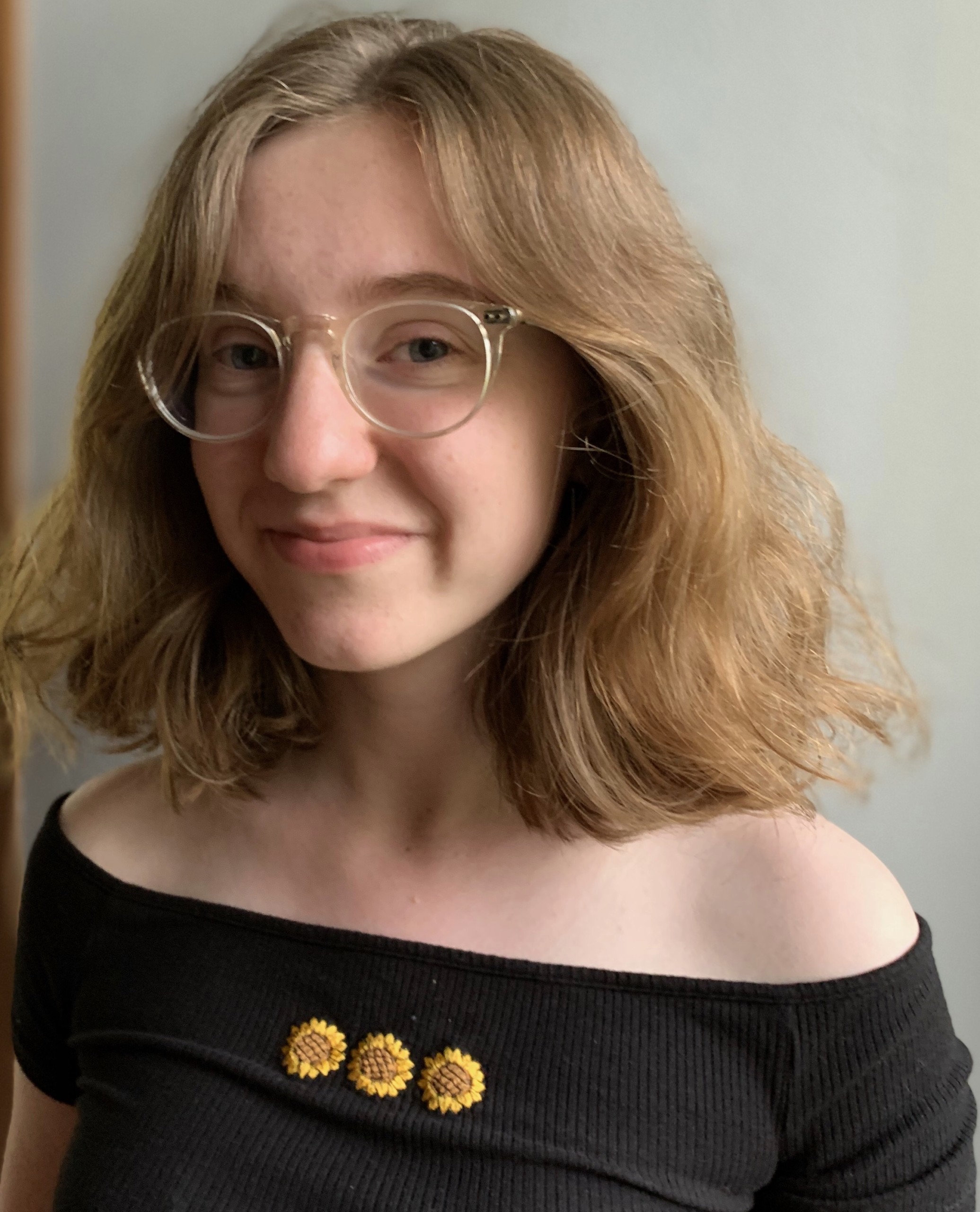From the time I was five until I was 11, I lived in a town called Kenosha, WI. My mother grew up in Kenosha, after my grandparents moved there at 17 and 18 to start a family. My grandfather still lives in Kenosha, as do my uncle, my aunt, my cousin, much of my extended family, and my friends from elementary school.
Two weeks ago, Kenosha made national news when a 29-year-old Black man, Jacob Blake, was shot at seven times by Kenosha police officers.
Four of the shots hit Jacob Blake in the back, paralyzing him from the waist down — temporarily or permanently, it’s unclear. Accounts of the event say that Jacob Blake opened the door to his vehicle just before police shot him. In the backseat, three of his children sat, watching.
On Wednesday, it was revealed that officers in the Rochester Police Department had murdered Daniel Prude, a 41-year-old Black man, on March 30. Daniel Prude struggled with mental health issues, and, while running down a street naked, was strangled by police after a hood was placed over his head. His death had been a secret for over five months.
As a child, I often felt the idea that “racism doesn’t happen here.” Not explicitly, but in subtext. We lived in the Midwest, where everyone supposedly coexisted in peace and harmony amongst pastures and factories. People I knew would seem surprised when a hate crime emerged on the nightly news — “My God, I can’t believe that happened” — or praise the fact that we lived in such a developed part of the nation, sequestered from racial hatred and discrimination as opposed to the backwards American South.
But we are not exempt. Racism exists all around us, even in the North — where Tamir Rice was murdered in Ohio, Eric Garner in Staten Island, and George Floyd in Minneapolis. America — a country that prospered from deep foundations of racism. We cannot escape it. It’s in the air we breathe, the dreams we have, the culture we consume. It dictates the education we receive, the opportunities we’re exposed to, the lifestyles we lead. It’s in our grocery stores, our libraries, our doctor’s offices, our public parks. It pounds and beats in the heart of a system supposedly designed to protect us: we, the people. We are not immune.
At Daniel Prude’s vigil Thursday night, we marched to the exact place where he was killed. In front of a bundle of black star-shaped balloons and a variety of candles, I watched a young girl light incense, crying. Last week, in Kenosha, my brother was pepper sprayed by police after getting too close to their barrier.
These two murders happened in two different cities that I consider home. My cousin was friends with Jacob Blake. When Daniel Prude was murdered, I was only a few miles away. Think about where you come from. Think about what you can do. “America is a sick country,” a man at Daniel Prude’s vigil said — and we are the medics. We are not immune.

